What Happened
Commonwealth University President Dr. Bashar Hanna will be evaluated by the Pennsylvania system, two years ahead of schedule. This evaluation will offer students and faculty the opportunity to provide “critical feedback and input on university leadership.”
Why it Matters
This announcement comes a week after university faculty participated in a vote of no confidence, which found that 88.65% of faculty voted they have no confidence in Hanna. This evaluation was scheduled roughly two years early and comes as a request from Council of Trustees chair John Wetzel and President Bashar Hanna in partnership with the PASSHE Board of Governors and the interim Chancellor Christopher Fiorentino.
Furthermore, an external consultant will be brought to campus, and meetings both in person and virtually will be established so that various representatives across the university will be able to meet with said consultant.
The meetings will begin following spring break through a period starting March 24 to April 18.
The Background
An evaluation like this is common, as PASSHE conducts them at least 12 months to 18 months before the expiration of a president’s employment contract. As stated in the email, however, President Hanna has requested that his evaluation take place almost two years earlier, with it originally being planned for 2027.
Following the evaluation, the report from this external consultant will be brought forth to the Board of Governors as well as the Council of Trustees.
Dan Knorr Comments
Dan Knorr, who is the Executive Director of Economic Development & External Affairs, will be serving as the university liaison during the process and spoke to Voice staff about the evaluation.
Speaking on the reason for moving the evaluation ahead, he stated, “Look, I think coming out of the APSCUF vote they had, we recognize there’s a desire for more communication and increased transparency and I think President Hanna and chair Wetzel to get out of this process was to really get information from all those campus constituencies on how leadership can do a better job.”
Speaking on the planned meetings, he stated, “…a lot of this is going to be guided by the consultant because it’s very important that you have somebody who’s external to the university, who’s objective, that is really doing the work.”
Going further, he said, “Our role is to make sure we are helping coordinate, that we’re making people available to the consultant. They’re really going to be the ones interview folks and having conversations with folks. It will be directly coordinated with the people the consultant is looking to speak to. Probably in small group settings, maybe eight or nine people at a time and we’ll look to make sure we have good cross sections across all those groups…”
One thing Knorr said the university hopes to get out of all this is to find ways the campus wants to be communicated with. “It’s always a goal to do better at communicating,” he said before stating they wish to learn, especially from students, how to best communicate with them.























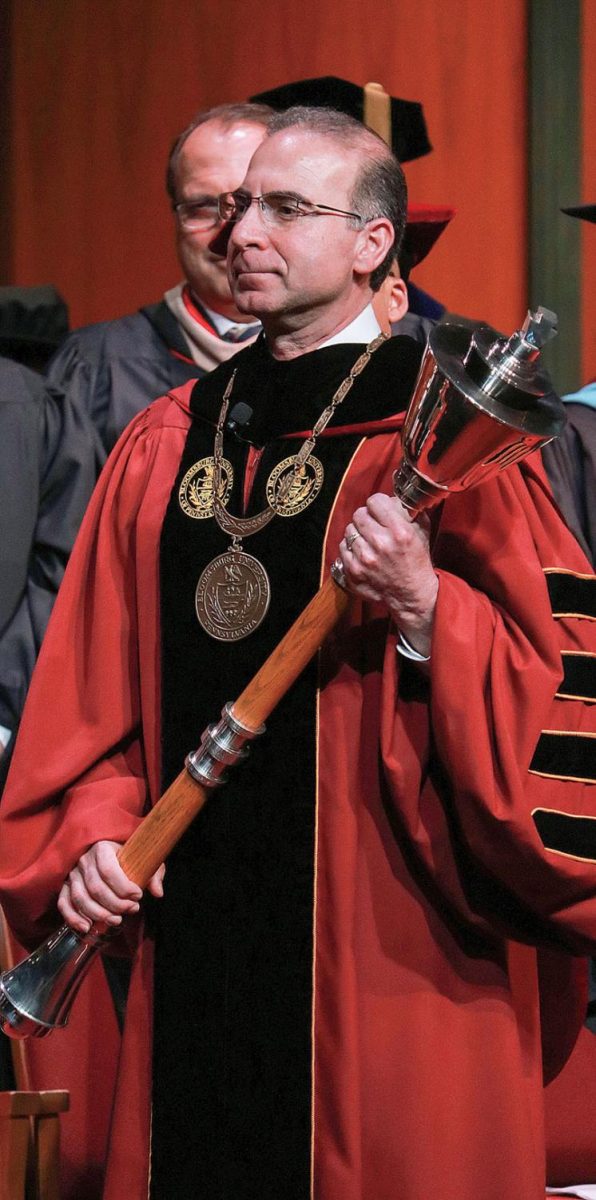
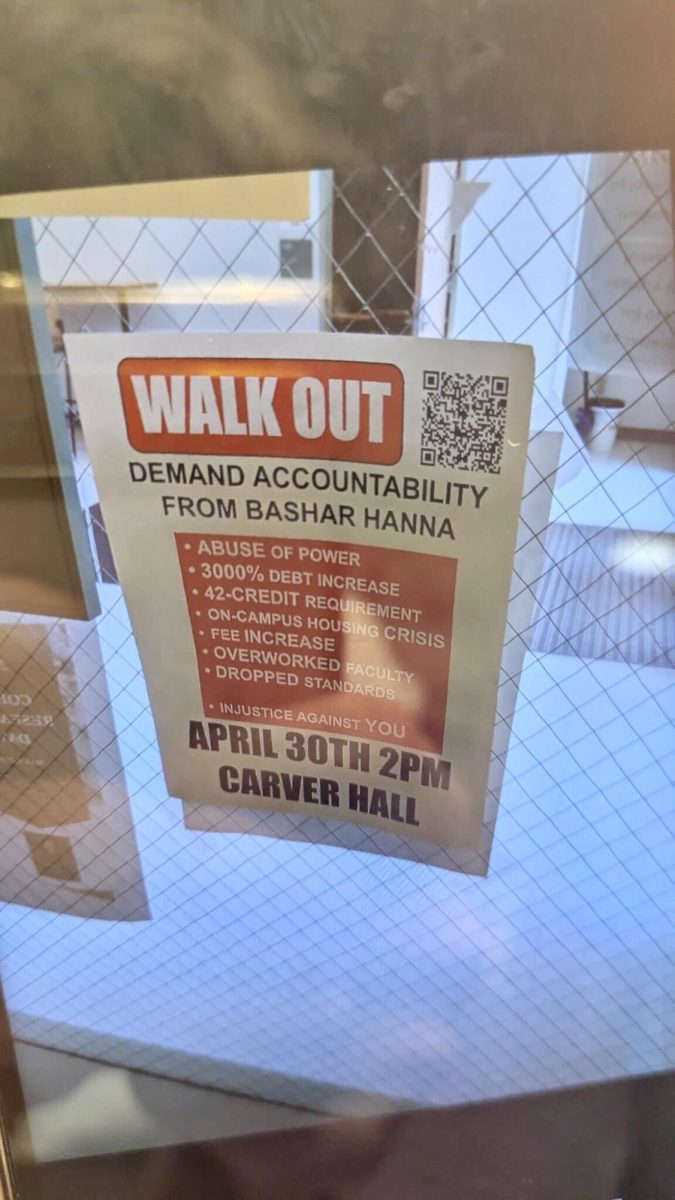
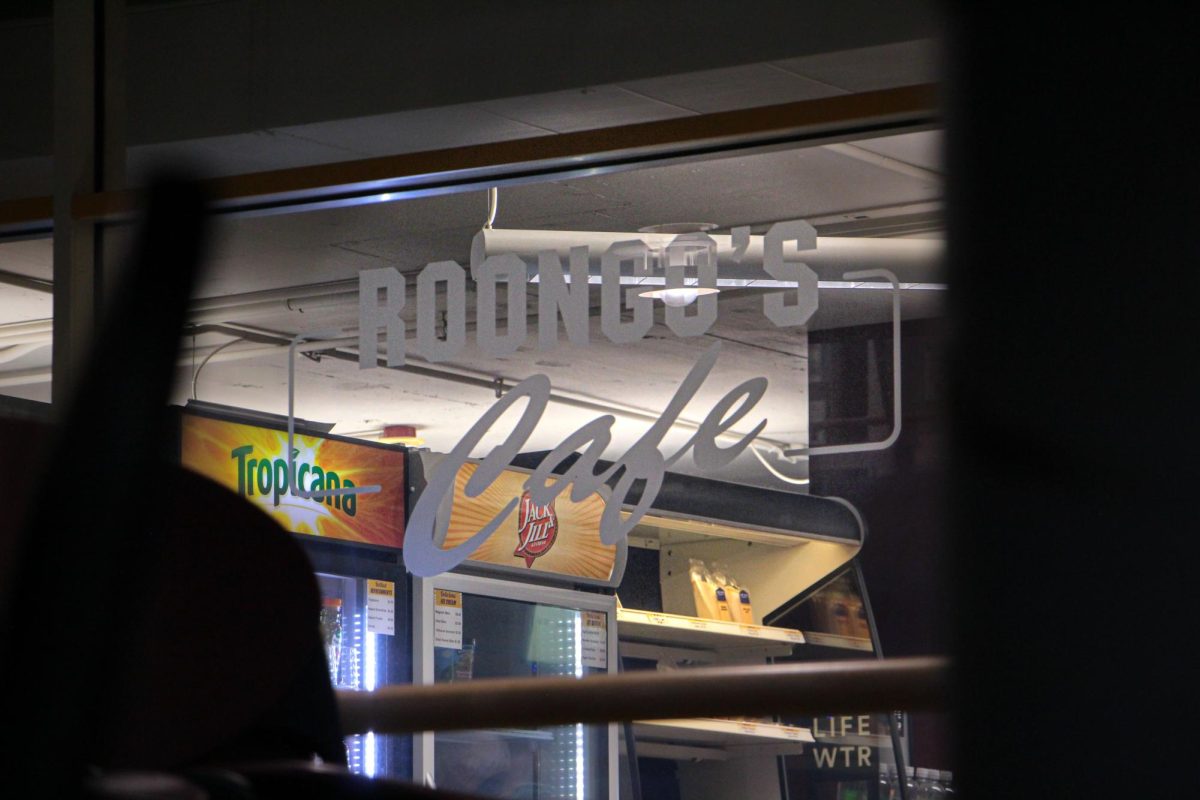
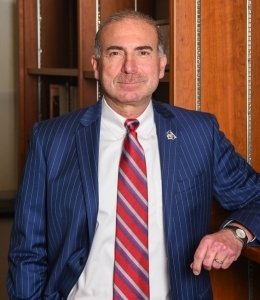
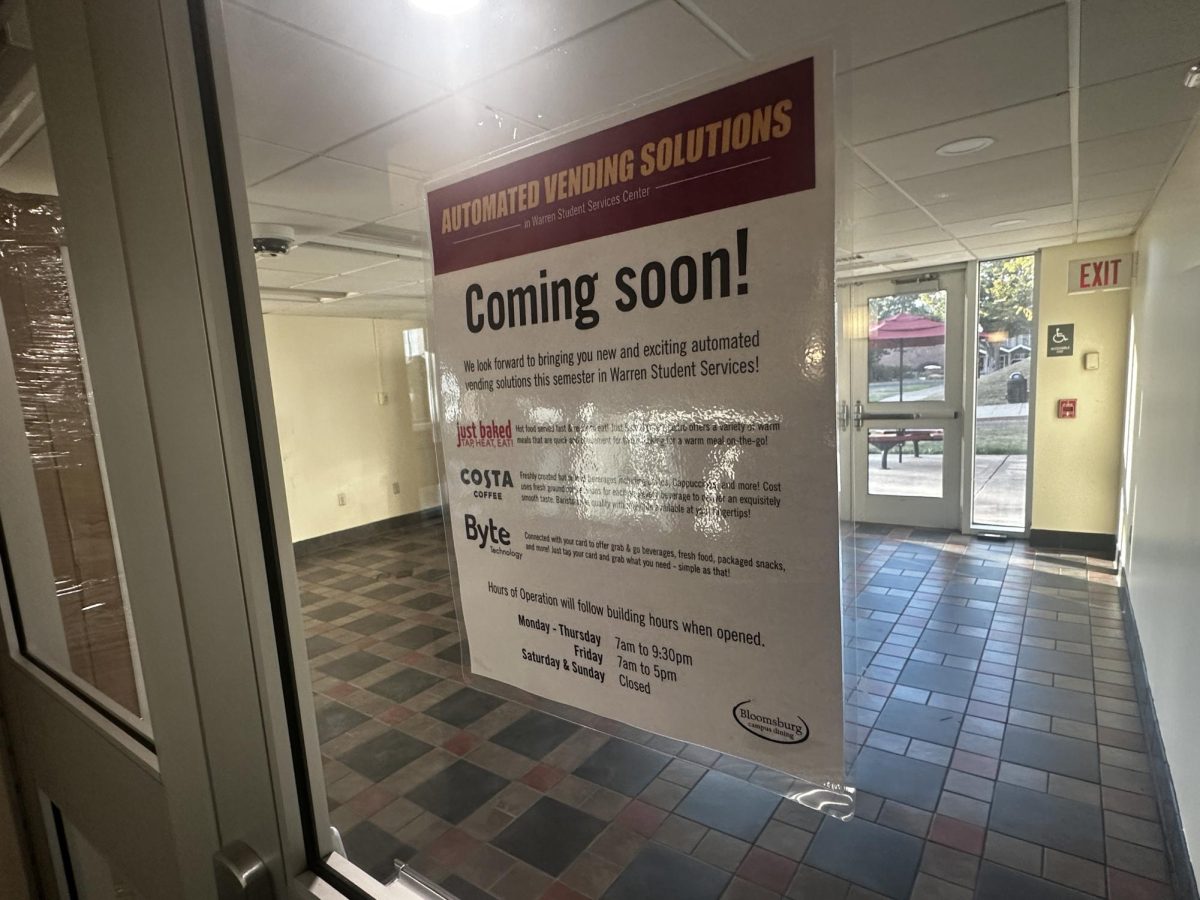


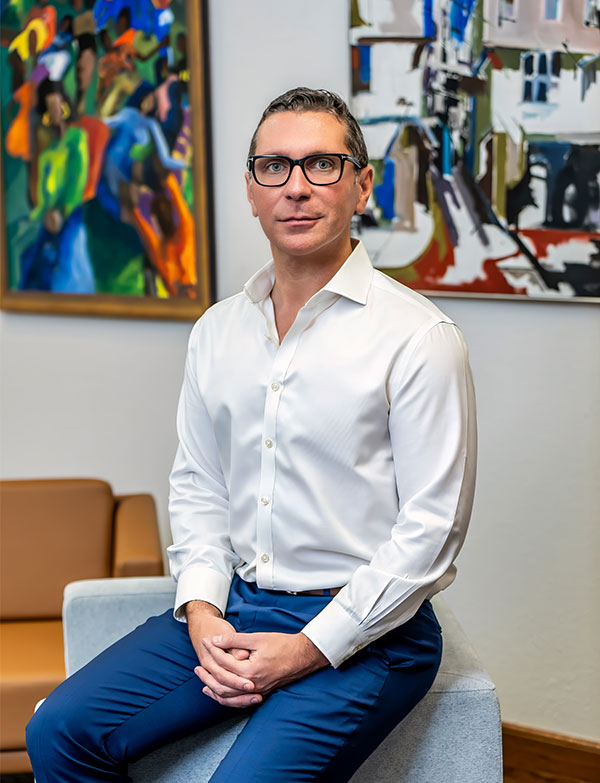
Bill • Mar 20, 2025 at 7:29 AM
At 88% disapproval, I think there’s more to it than poor communication.
d young • Mar 17, 2025 at 4:45 PM
He should be fired.
What happened to the BU zero tolerance policies? I guess they only apply to students.
Patrick O'Connell • Mar 13, 2025 at 6:51 PM
I hope Dan Knorr provides the folks evaluating President Hanna with Judge Wilson’s opinion which lays out all of the graphic testimony showing retaliatory behavior on the part of President Hanna. Anyone who wants a copy should reach out to me. I will be glad to provide you with the Judge’s opinion.
This “evaluation” is a complete farce. Why was Hanna even hired in the first place in light of his dismal track record at previous institutions? Can someone from the Council of Trustees please answer that question? And Council, how can you ignore the faculty who overwhelmingly voted no confidence?
Greg Young • Mar 10, 2025 at 5:23 PM
Hanna needs to go. Dan Knorr too.
I would advise my relatives or friends NOT to attend BU until Hanna is gone. Enrollment is already down 25%.